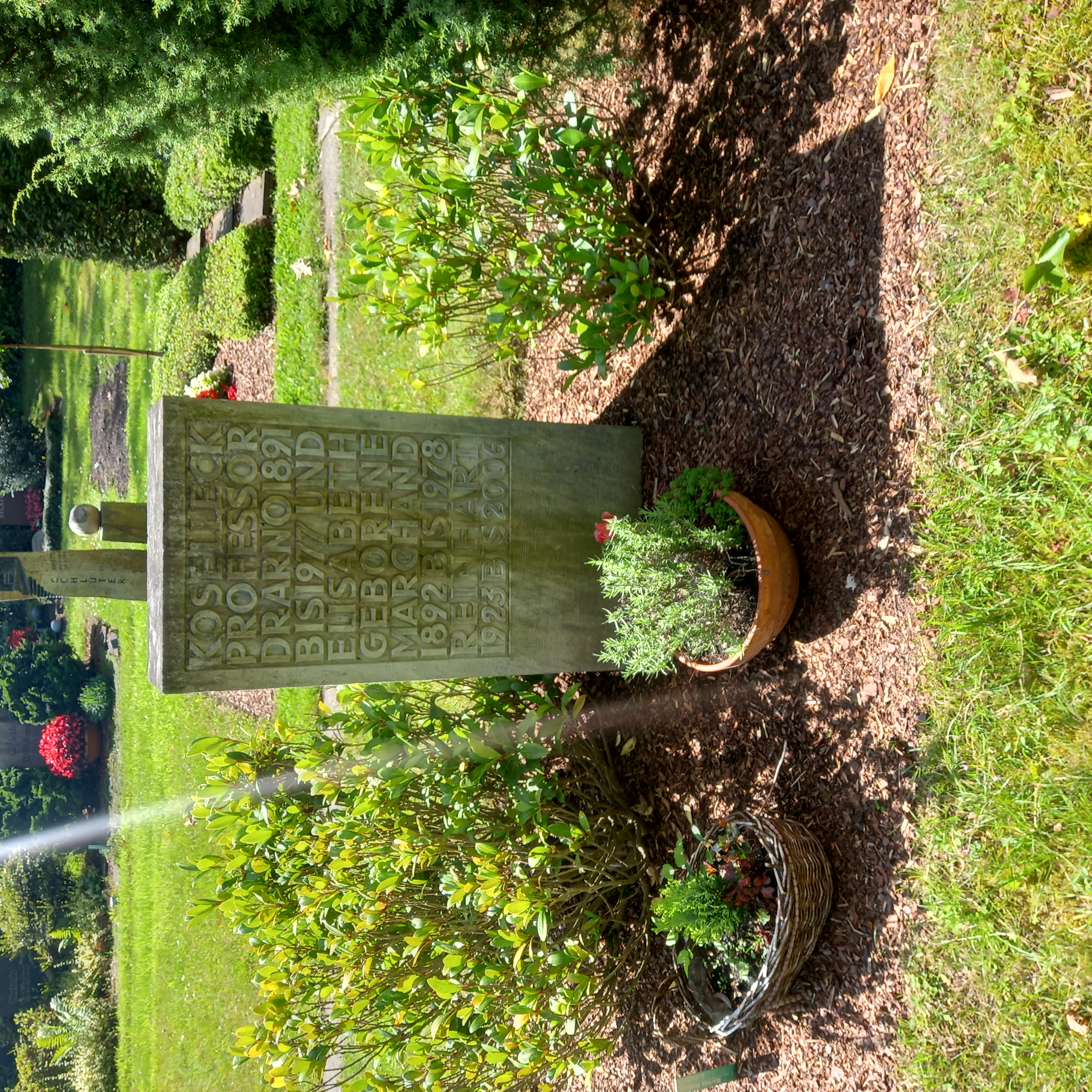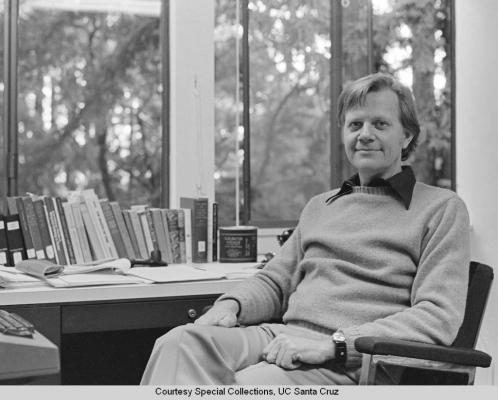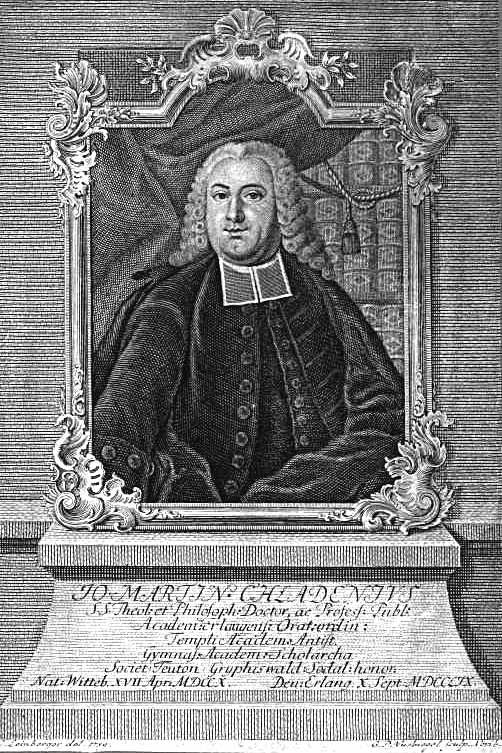|
Reinhart Koselleck
Reinhart Koselleck (23 April 1923 – 4 February 2006) was a German historian. He is widely considered to be one of the most important historians of the 20th century. He occupied a distinctive position within history, working outside of any pre-established 'school', while making pioneering contributions to conceptual history (Begriffsgeschichte), the epistemology of history, linguistics, the foundations of anthropology of history and social history, and the history of law and government. Biography Koselleck volunteered to serve as a German soldier during World War II, having previously joined the Hitler Youth, the youth organisation of the German Nazi Party. In May 1945 he was captured by the Soviet Army and subsequently sent for debris removal to the Auschwitz concentration camp before being transported to Kazakhstan, where he was held as a prisoner of war for 15 months until being repatriated to Germany on medical grounds. He claimed that his personal experiences during the wa ... [...More Info...] [...Related Items...] OR: [Wikipedia] [Google] [Baidu] |
Görlitz
Görlitz (; ; ; ; ; Lusatian dialects, East Lusatian: , , ) is a town in the Germany, German state of Saxony. It is on the river Lusatian Neisse and is the largest town in Upper Lusatia, the second-largest town in the region of Lusatia after Cottbus, and the largest town in the German part of the region of Silesia. Görlitz is the easternmost town in Germany (the easternmost village being Zentendorf, Zentendorf (Šćeńc)) and lies opposite the Poland, Polish town of Zgorzelec, which was the eastern part of Görlitz until 1945. The town has approximately 56,000 inhabitants, which make Görlitz the List of cities in Saxony by population, sixth-largest town in Saxony. It is the seat of the Görlitz (district), district of Görlitz. Together with Zgorzelec it forms the Euro City of Görlitz/Zgorzelec, which has a combined population of around 86,000. The town's recorded history began in the 11th century as a Sorbs, Sorbian settlement. Through its history it has been under German ... [...More Info...] [...Related Items...] OR: [Wikipedia] [Google] [Baidu] |
Thomas Hobbes
Thomas Hobbes ( ; 5 April 1588 – 4 December 1679) was an English philosopher, best known for his 1651 book ''Leviathan (Hobbes book), Leviathan'', in which he expounds an influential formulation of social contract theory. He is considered to be one of the founders of modern political philosophy. In his early life, overshadowed by his father's departure following a fight, he was taken under the care of his wealthy uncle. Hobbes's academic journey began in Malmesbury#Westport St Mary, Westport, leading him to the University of Oxford, where he was exposed to classical literature and mathematics. He then graduated from the University of Cambridge in 1608. He became a tutor to the Cavendish family, which connected him to intellectual circles and initiated his extensive travels across Europe. These experiences, including meetings with figures like Galileo, shaped his intellectual development. After returning to England from France in 1637, Hobbes witnessed the destruction and br ... [...More Info...] [...Related Items...] OR: [Wikipedia] [Google] [Baidu] |
Epistemology
Epistemology is the branch of philosophy that examines the nature, origin, and limits of knowledge. Also called "the theory of knowledge", it explores different types of knowledge, such as propositional knowledge about facts, practical knowledge in the form of skills, and knowledge by acquaintance as a familiarity through experience. Epistemologists study the concepts of belief, truth, and justification to understand the nature of knowledge. To discover how knowledge arises, they investigate sources of justification, such as perception, introspection, memory, reason, and testimony. The school of skepticism questions the human ability to attain knowledge while fallibilism says that knowledge is never certain. Empiricists hold that all knowledge comes from sense experience, whereas rationalists believe that some knowledge does not depend on it. Coherentists argue that a belief is justified if it coheres with other beliefs. Foundationalists, by contrast, maintain th ... [...More Info...] [...Related Items...] OR: [Wikipedia] [Google] [Baidu] |
Conceptual History
Conceptual history (also the history of concepts or, from German, ''Begriffsgeschichte'') is a branch of historical and cultural studies that deals with the historical semantics of terms. It sees the etymology and the change in meaning of terms as forming a crucial basis for contemporary cultural, conceptual and linguistic understanding. Conceptual history deals with the evolution of paradigmatic ideas and value systems over time, such as "liberty" or "reform". It argues that social history – indeed all historical reflection – must begin with an understanding of historically contingent cultural values and practices in their particular contexts over time, not merely as unchanging ideologies or processes. Description and history Interest in conceptual history was given a particular boost in the 20th century through the publication of the ''Historisches Wörterbuch der Philosophie'', the ''Geschichtliche Grundbegriffe'', and the journal '' Archiv für Begriffsgeschich ... [...More Info...] [...Related Items...] OR: [Wikipedia] [Google] [Baidu] |
Panagiotis Kondylis
Panagiotis Kondylis (; ; 17 August 1943 – 11 July 1998) was a Greek philosopher, intellectual historian, translator and publications manager who principally wrote in German, in addition to translating most of his work into Greek. He can be placed in a tradition of thought best exemplified by Thucydides, Niccolò Machiavelli and Max Weber. Life Born in 1943 in the small community of Drouva (Δρούβα) in the municipality of Olympia, Greece, where the Kondylis' family house is still standing today, he moved with his father, who was a military officer, at the age of six to Kifisia, Athens, where he attended school. Kondylis studied classical philology and philosophy at the University of Athens (at which time he was drawn to Marxism), as well as philosophy, medieval and modern history and political science at the Universities of Frankfurt and Heidelberg. During his postgraduate studies at Heidelberg he earned his PhD (under the supervision of Dieter Henrich) with the 1300-page ... [...More Info...] [...Related Items...] OR: [Wikipedia] [Google] [Baidu] |
Hayden White
Hayden V. White (July 12, 1928 – March 5, 2018) was an American historian in the tradition of literary criticism, perhaps most famous for his work '' Metahistory: The Historical Imagination in Nineteenth-Century Europe'' (1973/2014). Career White received his Bachelor of Arts degree from Wayne State University (1951) and his Master of Arts (1952) and Doctor of Philosophy (1955) degrees from the University of Michigan. While an undergraduate at Wayne State, White studied history under William J. Bossenbrook alongside then-classmate Arthur Danto. In 1998, White directed a seminar ("The Theory of the Text") at the School of Criticism and Theory. He was elected to the American Academy of Arts and Sciences in 1991. In 2000, he was elected to the American Philosophical Society. Among White's influences, there were two major figures who taught him "how the historian interprets something." The first was William J. Bossenbrook, who taught White as an undergraduate at Wayne State Un ... [...More Info...] [...Related Items...] OR: [Wikipedia] [Google] [Baidu] |
Jürgen Habermas
Jürgen Habermas ( , ; ; born 18 June 1929) is a German philosopher and social theorist in the tradition of critical theory and pragmatism. His work addresses communicative rationality and the public sphere. Associated with the Frankfurt School, Habermas's work focuses on the foundations of epistemology and social theory, the analysis of advanced capitalism and democracy, the rule of law in a critical social-evolutionary context, albeit within the confines of the natural law tradition, and contemporary politics, particularly German politics. Habermas's theoretical system is devoted to revealing the possibility of reason, emancipation, and rational-critical communication latent in modern institutions and in the human capacity to deliberate and pursue rational interests. Habermas is known for his work on the phenomenon of modernity, particularly with respect to the discussions of rationalization originally set forth by Max Weber. He has been influenced by American pragm ... [...More Info...] [...Related Items...] OR: [Wikipedia] [Google] [Baidu] |
Thucydides
Thucydides ( ; ; BC) was an Classical Athens, Athenian historian and general. His ''History of the Peloponnesian War'' recounts Peloponnesian War, the fifth-century BC war between Sparta and Athens until the year 411 BC. Thucydides has been dubbed the father of "scientific history" by those who accept his claims to have applied strict standards of impartiality and evidence-gathering and analysis of cause and effect, without reference to intervention by the Ancient Greek religion, gods, as outlined in his introduction to his work. Thucydides has been called the father of the school of political realism, which views the political behavior of individuals and the subsequent outcomes of relations between states as ultimately mediated by, and constructed upon, fear and self-interest. His text is still studied at universities and military colleges worldwide. The Melian dialogue is regarded as a seminal text of international relations theory, while his version of Pericles's Funeral O ... [...More Info...] [...Related Items...] OR: [Wikipedia] [Google] [Baidu] |
Martin Luther
Martin Luther ( ; ; 10 November 1483 – 18 February 1546) was a German priest, Theology, theologian, author, hymnwriter, professor, and former Order of Saint Augustine, Augustinian friar. Luther was the seminal figure of the Reformation, Protestant Reformation, and his theological beliefs form the basis of Lutheranism. He is widely regarded as one of the most influential figures in Western world, Western and History of Christianity, Christian history. Born in Eisleben, Luther was ordained to the Priesthood in the Catholic Church, priesthood in 1507. He came to reject several teachings and practices of the contemporary Catholic Church, Roman Catholic Church, in particular the view on indulgences and papal authority. Luther initiated an international debate on these in works like his ''Ninety-five Theses'', which he authored in 1517. In 1520, Pope Leo X demanded that Luther renounce all of his writings, and when Luther refused to do so, Excommunication in the Catholic Church, ... [...More Info...] [...Related Items...] OR: [Wikipedia] [Google] [Baidu] |
Lorenz Von Stein
Lorenz von Stein (18 November 1815 – 23 September 1890) was a German economist, sociologist, and public administration scholar from Eckernförde. As an advisor to Meiji period Japan, his liberal political views influenced the wording of the Constitution of the Empire of Japan as well as major constitutional thinkers such as Rudolf von Gneist. According to Colin Gordon, Stein articulated a "vision of a liberal state as active historic partner in the making of civil society" and called for "a tabling of the question of class formation as part of the state's agenda." Stein advocated a combination of constitutional liberal state with a welfare state, and has been called the "intellectual father of the welfare state. Stein and other Hegelian liberals, such as Robert von Mohl, also had a profound influence on American progressivism. Biography Stein was born in the seaside town of Borby in Eckernförde in Schleswig-Holstein as Wasmer Jacob Lorentz. He studied philosophy and j ... [...More Info...] [...Related Items...] OR: [Wikipedia] [Google] [Baidu] |
Johann Martin Chladenius
Johann Martin Chladni (Latinized Chladenius; Lutherstadt Wittenberg, 17 April 1710 – Erlangen, 10 September 1759) was a German philosopher, theologian, and historian, who is seen as one of the founders of Hermeneutics. Life He was the son of Martin Chladenius (1669–1725), a professor of theology at Martin Luther University Halle-Wittenberg, Wittenberg University. He attended the Casimirianum Gymnasium in Coburg and enrolled in 1731, at the Wittenberg University, where he received his master's degree in philosophy, and taught after his studies. He went to the University of Leipzig, where he became an associate professor of church antiquities in 1742. In 1743 he took over the management of the Casimirianum in Coburg and was appointed full professor of theology, rhetoric, and poetry at the University of Erlangen in 1747, where he received his doctorate in theology during the same year. Although he was not originally trained as a historian, he nevertheless made a name for himse ... [...More Info...] [...Related Items...] OR: [Wikipedia] [Google] [Baidu] |








